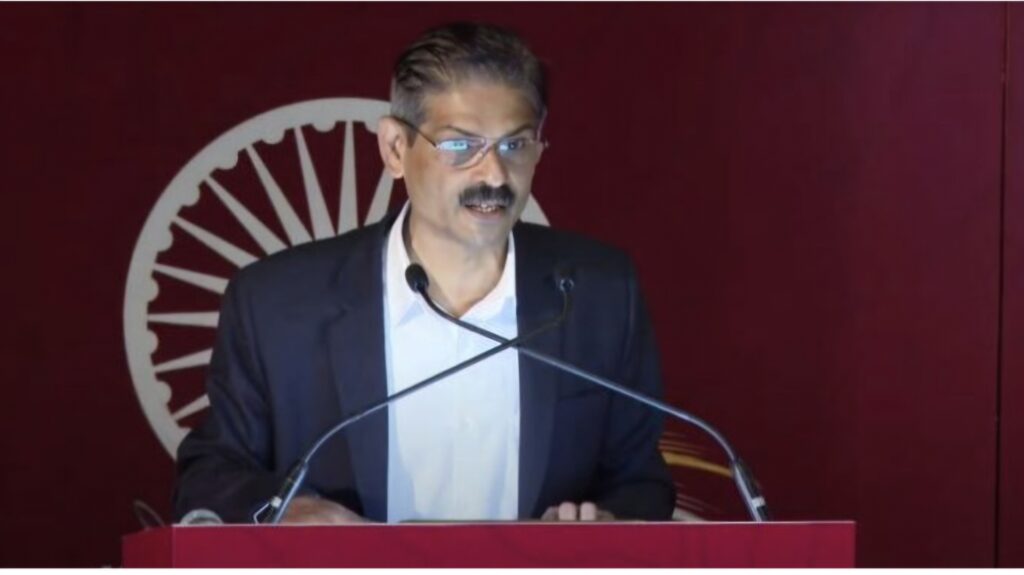Former J&K DGP R.R. Swain Advocates for Narrative Shift and Economic Reforms to Counter Separatist Influence

In a compelling address at the Chanakya Defence Dialogue 2024 in New Delhi, former Jammu and Kashmir Director General of Police (DGP) R.R. Swain highlighted the urgent need for narrative reformation and structural reforms in Jammu and Kashmir. Swain, who retired as DGP in September 2024, underscored the critical “battle of narratives” in the region, where separatist factions have promoted a misleading story of autonomy as a path to economic prosperity and freedom from corruption. He emphasized that such narratives falsely depict the local government as a “puppet” of the Indian state.
The Power of Propaganda
Swain explained that separatist propaganda operates as a “well-oiled machine,” creating distrust in the Indian government and portraying those who work with it as collaborators. “The adversary’s message is potent and relentless,” Swain stated. “They have succeeded in making their false promises believable, and we must actively counter this false hope by showcasing the genuine benefits of integration.”
Swain emphasized the role of transparency in dismantling these narratives, arguing that visible anti-corruption measures, judicial reforms, and community-oriented policing can strengthen public confidence. He also stressed the importance of highlighting government initiatives like Beti Bachao, Beti Padhao, which, he noted, benefit all communities in J&K without discrimination.
The Economic Dependency Challenge
Discussing J&K’s economic landscape, Swain pointed out a paradox: despite J&K’s economic potential, limited private-sector opportunities leave local youth reliant on government jobs, including low-paying roles like Special Police Officer (SPO) positions, which pay approximately 6,000 rupees monthly. He noted that J&K’s government sector contributes to the state’s GDP at four times the national average, creating economic stagnation and a dependency that hinders private sector growth.
Swain urged policymakers to promote an “organic, symbiotic private sector” that supports local entrepreneurship and reduces the dependency on government jobs. By challenging monopolistic business practices and encouraging private investment, he argued, J&K could build a sustainable economy that empowers its youth.
Building Lasting Social Cohesion
Swain stressed that the path to security lies in creating economic opportunities, strengthening public institutions, and fostering a governance system that prioritizes fairness and inclusivity. “We must build trust in governance through visible anti-corruption measures and community-oriented policing,” he said. “Only then can we create a foundation for lasting social cohesion.”
Through these reforms, Swain believes, J&K can effectively counter separatist narratives, reduce internal security vulnerabilities, and pave the way for a prosperous, united future.









